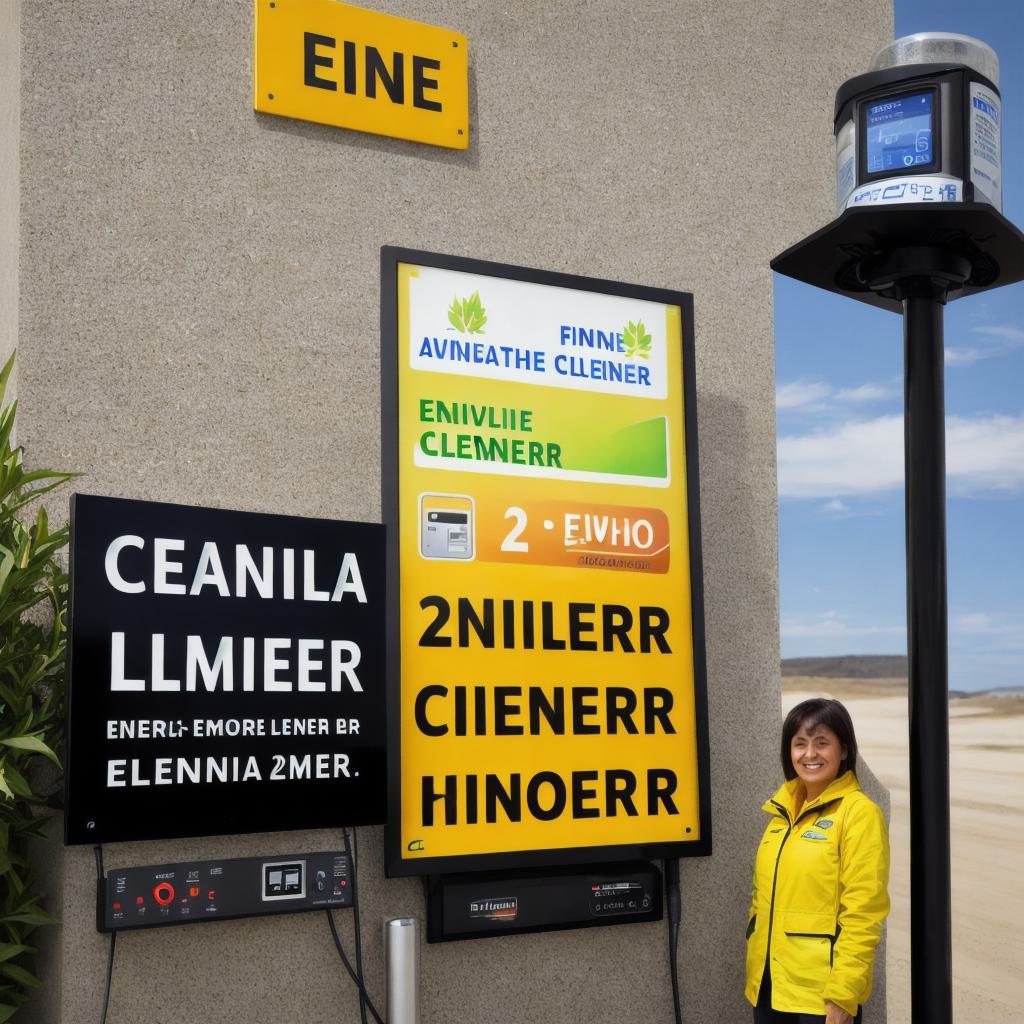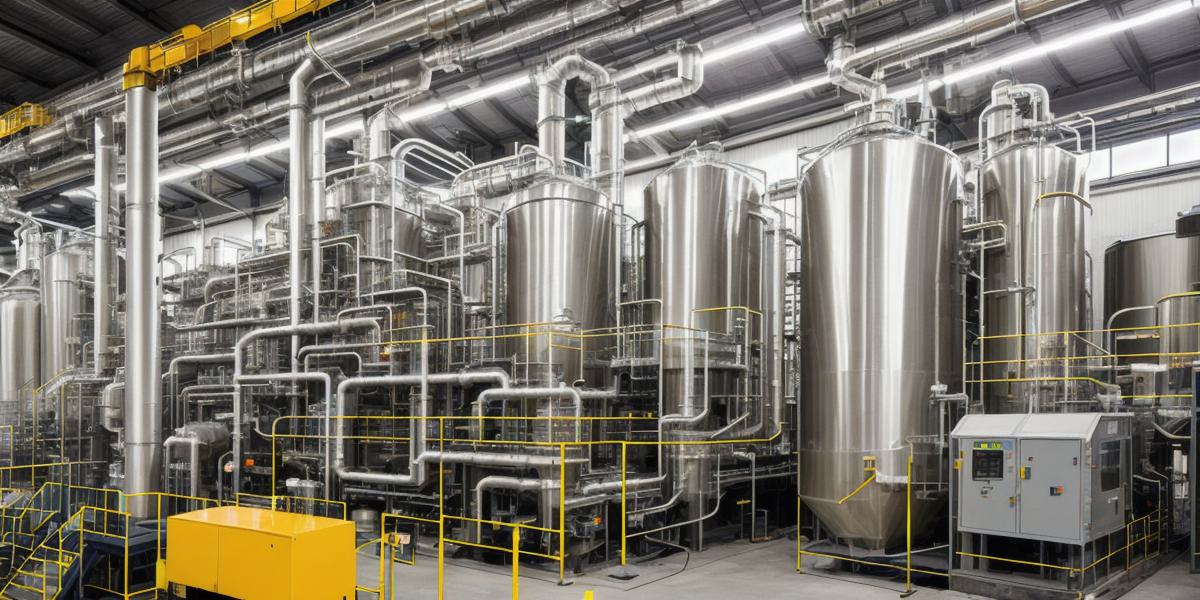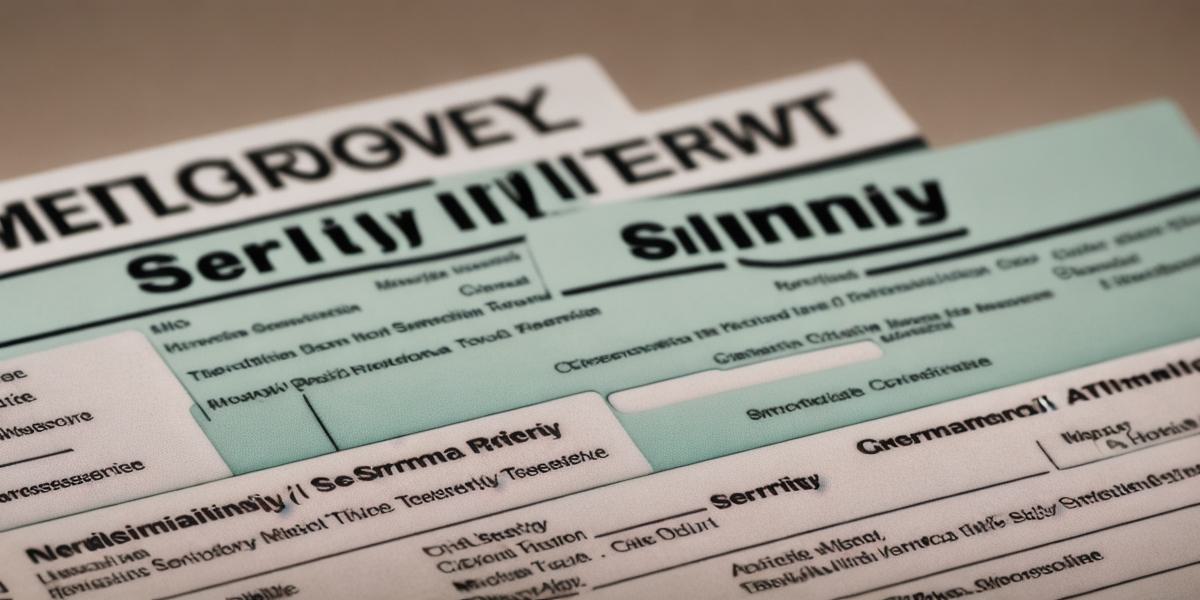Ethanol, a type of alcohol derived from fermented grains or sugarcane, has gained popularity as an alternative fuel source in recent years due to its lower carbon emissions compared to traditional gasoline. In this guide, we will explore the process of ethanol production and its various uses.
Production Process
The most common method of producing ethanol is through fermentation, which involves converting starches into sugars and then using yeast to convert those sugars into alcohol. The process can be broken down into several stages:
- Milling: Grains or sugarcane are crushed to release the starch, which is then mixed with water and heated to break it down into sugars.
- Mashing: The sugars are mixed with enzymes and held at a specific temperature for a set amount of time to further break them down into simpler compounds.
- Lautering: The sugary liquid, called wort, is separated from the solids using a filtration process.

- Boiling: The wort is heated and transferred to a still, where it is boiled and condensed into a liquid.
- Fermentation: Yeast is added to the liquid, which converts the sugars into alcohol and carbon dioxide.
- Distillation: The alcohol is separated from the water and other impurities through a distillation process.
- Aging: The ethanol is aged in barrels or tanks to allow any remaining impurities to settle out and improve its quality.
Uses of Ethanol
Ethanol has several uses, including as a fuel, a solvent, and a chemical feedstock. Some of the most common applications include:
- Fuel: Ethanol can be used as a direct replacement for gasoline in flex-fuel vehicles (FFVs), which are designed to run on both gasoline and ethanol.
- Solvent: Ethanol is commonly used as a solvent in the pharmaceutical, cosmetic, and chemical industries.
- Chemical feedstock: Ethanol can be used as a source of renewable energy for producing chemicals such as acetate, butyrate, and ethylene glycol.
- Denaturation: Ethanol is often denatured by adding impurities to make it unfit for consumption as a beverage. This denatured ethanol is used as a fuel or solvent in various industries.
Advantages of Ethanol
Ethanol has several advantages over traditional gasoline, including:
- Lower carbon emissions: Ethanol produces fewer greenhouse gases and other pollutants during its production and use compared to gasoline.
- Renewable energy source: Ethanol can be produced from renewable sources such as grains and sugarcane, making it a sustainable fuel option.
- Improved air quality: Ethanol burns cleaner than gasoline, reducing emissions of harmful pollutants such as sulfur dioxide and nitrogen oxides.
- Job creation: The ethanol industry has created jobs in rural communities where traditional agriculture may have declined.
Disadvantages of Ethanol
While ethanol has many advantages, it also has some drawbacks, including:
- Cost: Producing ethanol can be more expensive than producing gasoline, which can make it less cost-effective as a fuel.
- Food supply: The production of ethanol from grains and sugarcane can compete with the production of food, which can lead to higher prices for consumers.
- Infrastructure: The distribution and storage of ethanol require specialized infrastructure, which can be expensive and may not be readily available in all areas.
- Safety concerns: Ethanol is highly flammable and can pose a safety risk if not handled properly.
Summary
Ethanol is a promising alternative fuel source with several uses and advantages over traditional gasoline.



